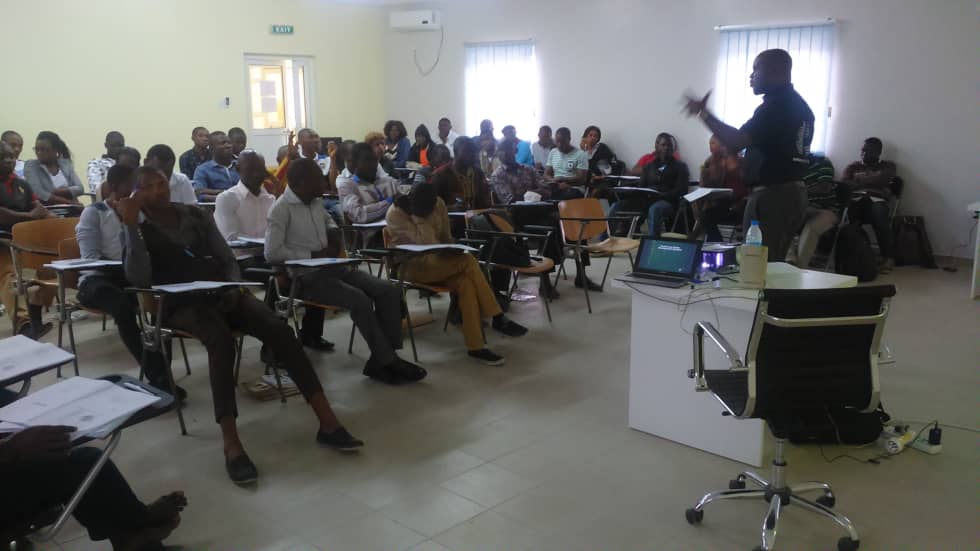In 2023, Nigerian businesses, both large and small, faced a formidable challenge. They collectively experienced a significant foreign exchange loss amounting to N1.8 trillion, leading to substantial disruptions in operations and prompting widespread corporate restructuring. This is according to information contained in the financial statements of these companies and collated by Nairametrics. This predicament was precipitated by the devaluation of the naira following the implementation of the forex unification policy by the government.
The impact of these losses reverberated across various sectors, including fast-moving consumer goods (FMCG), telecommunications, and cement manufacturing. Companies of all sizes, from industry giants to smaller enterprises, found themselves grappling with the aftermath of the forex crisis.
The losses were hinged on long-standing forex debts carried by these corporations even before now. Some incurred them from dollar-denominated inter-company loans obtained at the onset of the 2021 forex illiquidity crisis period, during which most people lost faith in the naira’s stability as an exchange medium against other currencies and switched over to using dollars for all transactions. This created huge demand pressures on scarce supplies of foreign currencies vis-à-vis available quantities domiciled within the national economy at that time.

Unrealized Losses
Curiously enough, companies’ explanatory notes established that some of these losses were not “realized”. Unrealized forex losses mean the decline in worth expressed in the home currency for foreign currency-denominated assets or transactions due to changes in exchange rates. They are called ‘unrealized’ because they only exist on paper – the actual loss is not recognized until an asset gets sold or a transaction is settled.
“Nearly all the companies report some unrealized losses, suggesting that the losses have yet to fully crystallize in real terms. However, accounting provisions require that they be captured on paper.”
Lessons for Companies
This scenario comes with valuable lessons for firms. It shows us three initiatives that employees should be trained in to understand their businesses’ financial environments and the possible dangers brought about by doing business using other currencies.
Risk Management
Firstly, it underscores the need for efficient risk management strategies. When local currencies depreciate against foreign ones, companies having large exposures of indebtedness denominated in such currencies face greater risks. In addition to this, higher costs associated with servicing debts may tighten financial conditions thereby reducing profitability which might increase default risks.
“According to Mr. Muyiwa Adebayo, companies with significant foreign currency debt exposure face heightened risks when the naira depreciates.”
Therefore, companies should make strategic risk management their priority in employee education initiatives. In most cases, employee training programs usually have sections that teach risk management with an emphasis on identifying, evaluating, and mitigating financial risks. For instance; this may involve scenario planning exercises where employees are required to come up with strategies of dealing with assumed risky situations.
Strategic Planning
Secondly, the situation underscores the need for strategic planning. Strategic growth plans of these firms are now threatened by huge forex losses which could as well hinder expansion efforts and other strategic investments. In order to be prepared for possible market instabilities caused by dollar volatility among other things, companies ought to develop a “strategic thinking” discipline across all levels within their organization structures. What this means is that workers should be equipped with the skills necessary for crafting flexible strategic plans that can factor in potential forex risks while still being able to respond quickly enough when conditions change within any given market segment.
Financial Literacy
Lastly, the situation brings out clearly the importance of financial literacy. The ability to read financial statements such as knowing what realized and unrealized losses are all about is essential if one wants to make good decisions in business or any other field of endeavor that involves dealing with money matters. Therefore it would be prudent for employee training programs to also cover modules on financial literacy so that people can understand some basic concepts about money management as well as how they can impact the business.
The forex losses incurred by Nigeria’s leading companies in 2023 provide valuable lessons for businesses. By fostering a culture of financial literacy and educating employees on interpreting financial statements and understanding forex-related concepts, companies can empower their workforce to make informed financial decisions aligned with organizational objectives. Comprehensive training programs that demystify the impact of forex fluctuations on financial performance and strategic decision-making play a crucial role in this endeavor.









